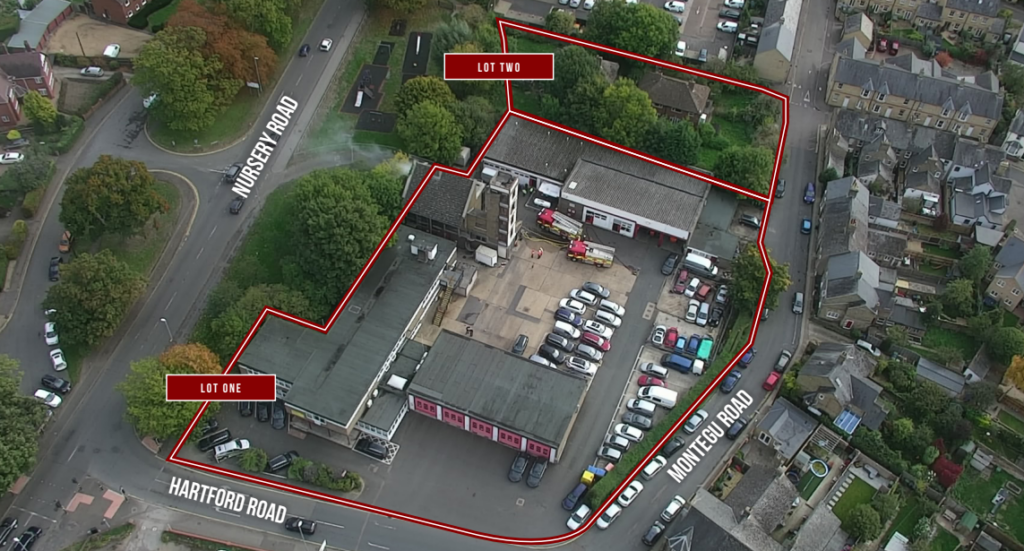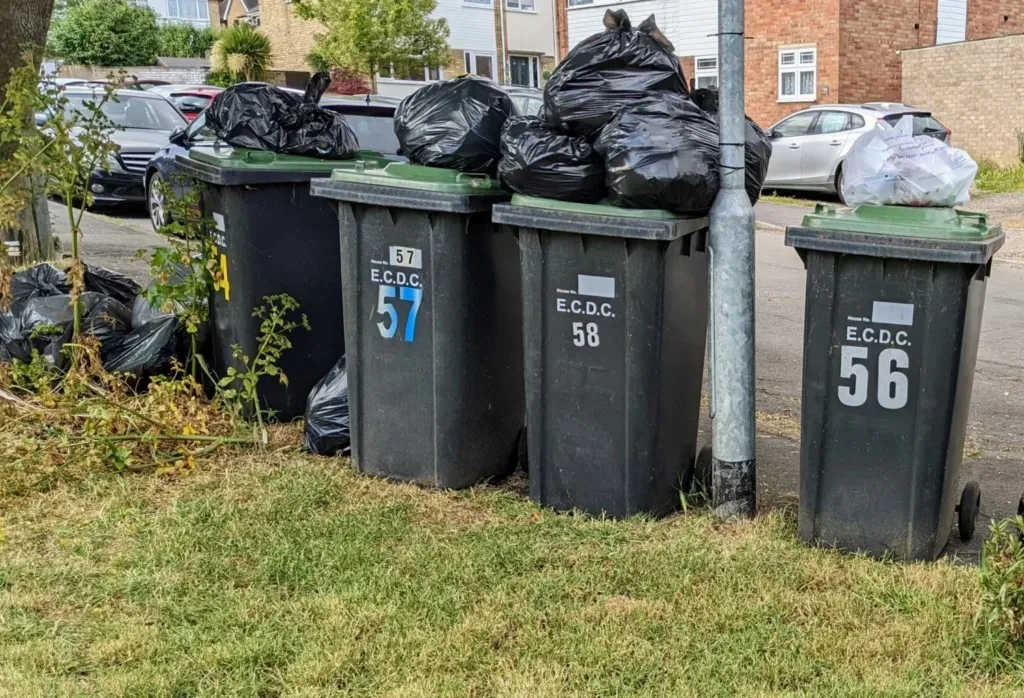Cambridgeshire County Council leaders expressed disappointment with today’s autumn statement from the Chancellor of the Exchequer, Jeremy Hunt.
Council leader Lucy Nethsingha warned: “We echo the views expressed by other councils, including both Hampshire and Kent county councils earlier this week, in warning many councils risk bankruptcy without a clear long term funding solution.”.
A joint statement from the three ‘rainbow alliance’ leaders claimed the mini budget “does little to alleviate the financial burden faced by local authorities, putting at risk their ability to support the most vulnerable people and communities”.
They pointed out that like all other local authorities in England, the council is facing a significant financial gap over each of the next five years.
This, they argue, is “made worse by the impact of inflation, and a severe economic downturn.
“The county council has already stated that it’s projected budget deficit for 2023/24 has doubled to £29m from its estimates at the start of the year, due to the unprecedented rises in inflation and the costs of goods and services”.
Cllr Nethsingha said: “Today’s budget – for that is what it is – does little to alleviate the issues that we and other councils across the UK are already facing.
“Despite promises of increased support for both education and social care, with no certainty of sufficient new money, it is clear that the Government’s intention is that we use their suggestion of raising council tax by 5% to tackle some of the costs of the growing demand for our services.
“We remain concerned that this too falls on the shoulders of residents at a time when they are also struggling to afford to keep up with the cost of living.”
She said: “Once again, the Government has failed to address the most fundamental issue, the need for a Fairer Funding Review for local government, the lack of which continues to see Cambridgeshire being financially penalised.
“Having no longer-term certainty or funding settlement beyond the next 12 months further increases our risks at the same time as the demand for our services continues to escalate.
“Cambridgeshire has one of the lowest per capita funding levels in the country, and we will have to absorb inflation without any real terms funding increase to do so.
“Cambridgeshire, along with other county councils is faced with unenviable decisions about cutting services at a time when they are needed most.
Cllr Elisa Meschini, deputy leader of the council, said: “This is, once again, a deeply disappointing financial statement by the Government.
“While we welcome the rise in the minimum wage, if the cost of this to organisations and businesses that provide us with service is not met by government it actually represents a further cut.
“Cambridgeshire has already had to deal with year-on-year funding reductions in each of the last 12 years, this cannot continue.
“Census information published just this year showed that the East of England is growing faster than anywhere else in the country – and Cambridge City was in the top three areas in the country for growth, yet this will not feed into our funding allocation for several more years.”
She said: “We are a net contributor to the UK economy and to the Treasury.
“The least we should expect is a commitment that funding will always increase to match growth, and as for the statement that the government is ‘recommitting’ to East West Rail – we’ve heard this before, and without funding it remains an empty promise.”
Cllr Tom Sanderson, independent group leader, said: “All in all this does very little to support hard pressed families and vulnerable people and does not provide the certainty or investment needed by councils to support and protect our communities.”
Cllr Nethsingha added: “Our expectation for this budget was that there would be clarity, certainty, and a plan from Government for financial stability for local authorities, particularly following the recent and continuing economic turmoil which we have had to cope with.
“Local government was and remains vital in supporting communities through a range of challenges, whether that was the Covid pandemic, the cost of living or climate crisis and in providing a welcoming and safe environment for people fleeing from Ukraine, or other war-torn areas.
“We were hoping for favourable changes to current local government settlements. Instead, we are once again faced with more cuts, greater risk, and financial uncertainty.”





























